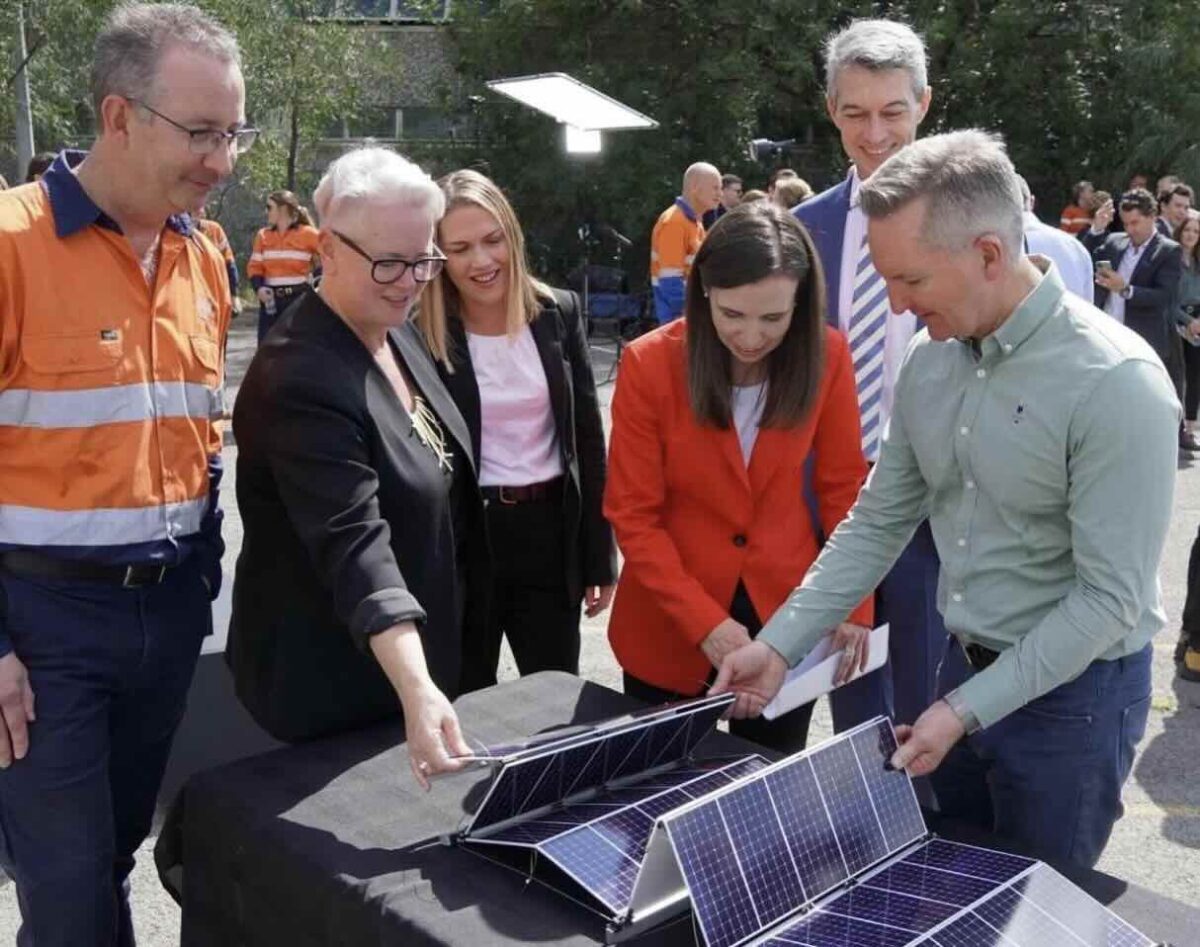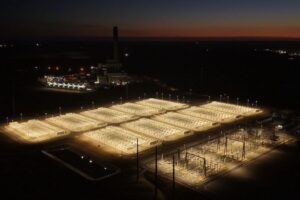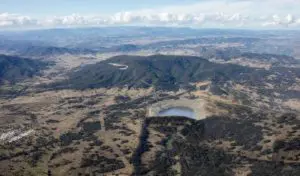The Future Made in Australia policy is supposed to be about making Australia a “renewable energy superpower” and forging new jobs, industries, and skills from the shift to clean energy.
So, it will be a perverse outcome if it becomes a stalking horse for a fossil fuel expansion – but that’s where its heading.
The federal government is coupling Future Made in Australia to its Future Gas Strategy which advocates a massive increase in gas production.
Somehow, it’s allowed a policy based on leveraging our comparative advantage in clean energy to be hijacked by claims that “a future made in Australia” needs more gas.
Politicians and vested interests constantly claim there’s a gas shortage that demands more fracking and gas mining. It’s not true. Australia already produces more gas than it needs.
The only reason there’s any potential for a shortfall is that government puts the desires of foreign owned liquified natural gas exporters ahead of ensuring domestic supply.
Australia could easily divert gas earmarked for export to the local market. We already have laws in place to do that.
In WA, there’s a long-standing policy allowing gas to be set aside for local use.
On the east coast, there’s what’s known as the Australian Gas Domestic Security Mechanism, which is meant to ensure there’s enough supply for domestic consumers – but government seems reluctant to use it.
In any case, not all of the gas produced for export is committed for sale under long term contracts, so it could easily be sold at home.
In the southern states, claims of a looming shortage are being used to justify the plunder of the vast Pilliga Forest in western NSW to produce expensive gas.
Yet upgrading the pipeline that links the gas producing regions of Queensland to southern Australia would ensure there is no shortage without exposing a new region to fracking and its destructive impacts.
Yes, gas will play some role as a back-up supply when renewable energy becomes the overwhelming source of electricity generation, but we won’t need much.
So why the insistence that Australia produce more gas?
It’s not about powering local manufacturing; even the government’s own gas strategy accepts that industry will decarbonise in the medium term as it turns to cheaper renewable energy.
The real, unspoken reason is the idea that it’s in Australia’s economic interests to mine more gas and ship it offshore – but that’s a recipe for climate catastrophe.
The International Energy Agency warned back in 2021 that – if the world is to keep global temperature rises to 1.5 °C above pre-industrial levels and avoid the worst impacts of global warming – there must be no new oil and gas fields, and no new coal mines or mine expansions.
Yet Australia, and other countries, continue to greenlight new gas and coal.
If Australia’s LNG export facilities keep working at full capacity, the world must resign itself to global warming in the region of 2.4°C to 2.6°Cs.
This would be calamitous for millions of people around the world – not least in the Pacific.
It’s at odds with the scientific consensus on climate change as well as the government’s own climate pledges and policies.
Future Made in Australia is, in essence, a green economic policy.
It’s based on a belief that – with government encouragement and seed money – we can use Australia’s advantages in clean energy to develop resources, manufacturing, and service jobs that ensure future prosperity.
But a future framed by continuing expansion of gas and coal is anything but green.
It’s a future in which sea levels rise, extreme weather events increase in frequency, bushfires lay waste to the countryside—and gas companies make money hand over fist thanks to Australia’s refusal to confront the consequences of its greed and short-sightedness.
This is not a future anyone wants to live in, and it is not a future we should bequeath to the world.
Matt Saunders is a senior economist at The Australia Institute. Stephen Long is a senior fellow at TAI.







